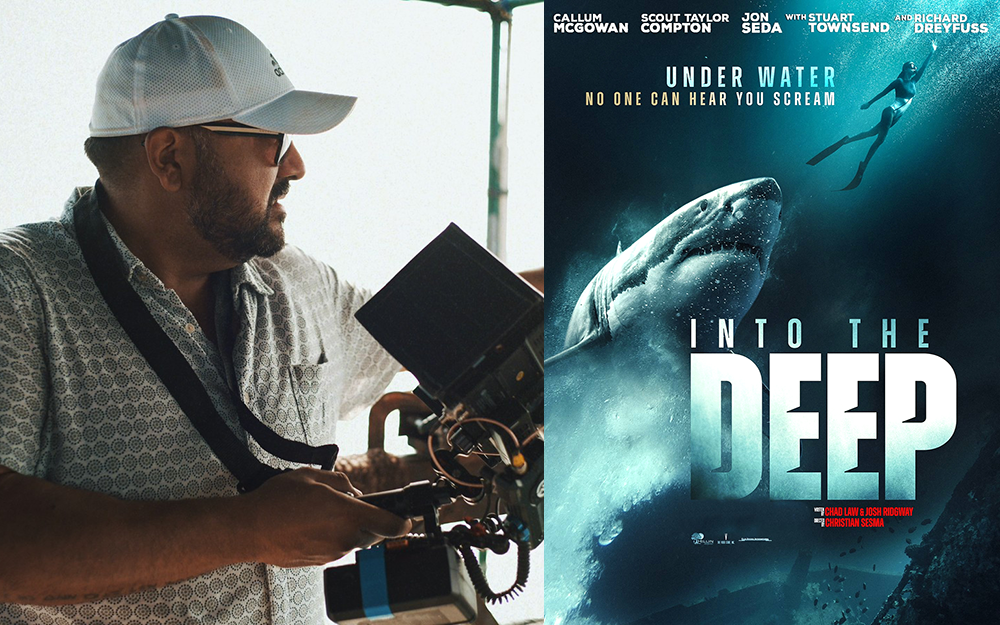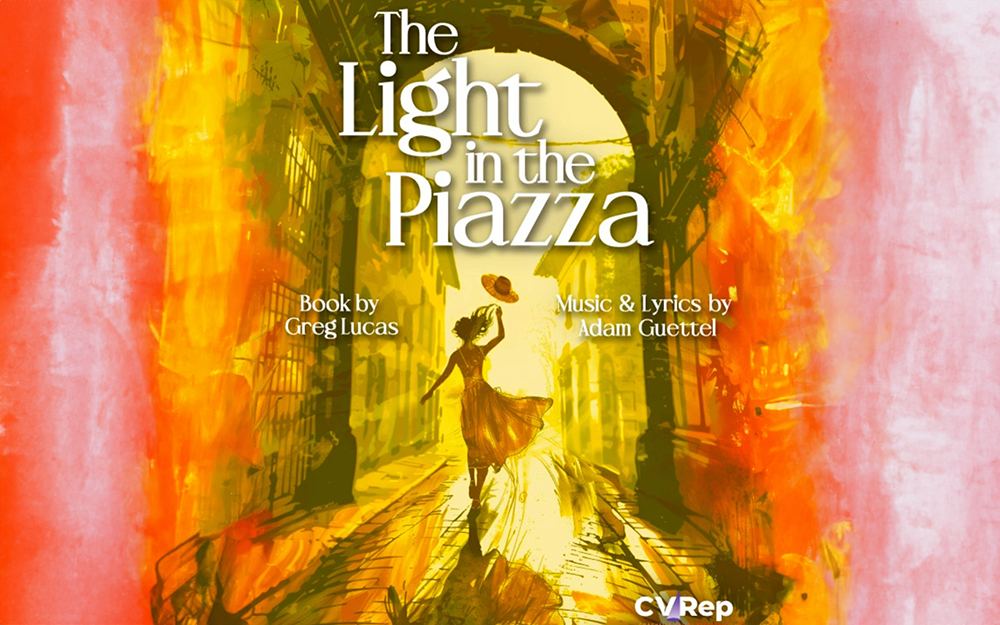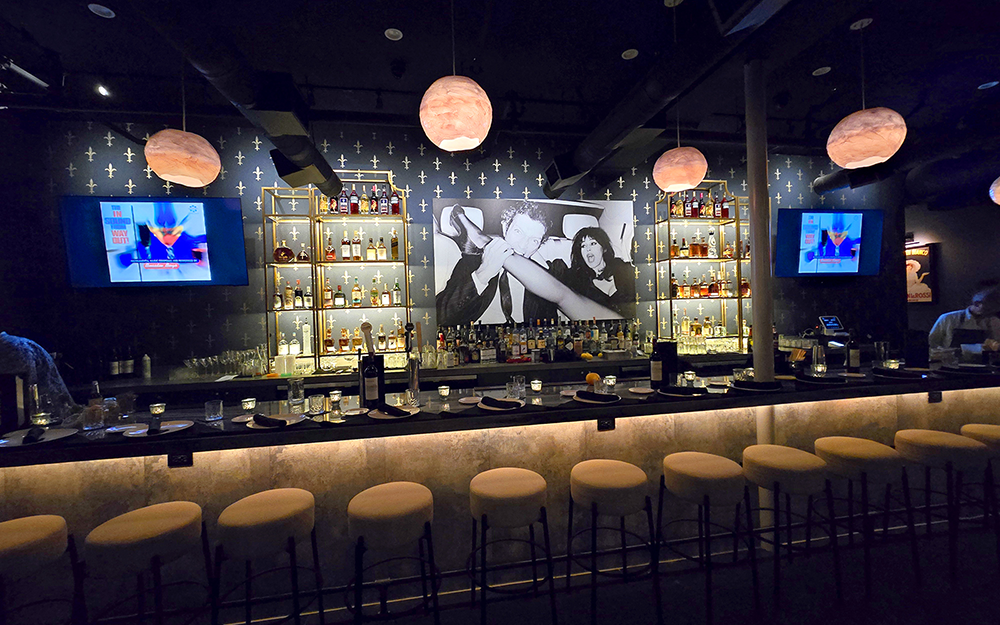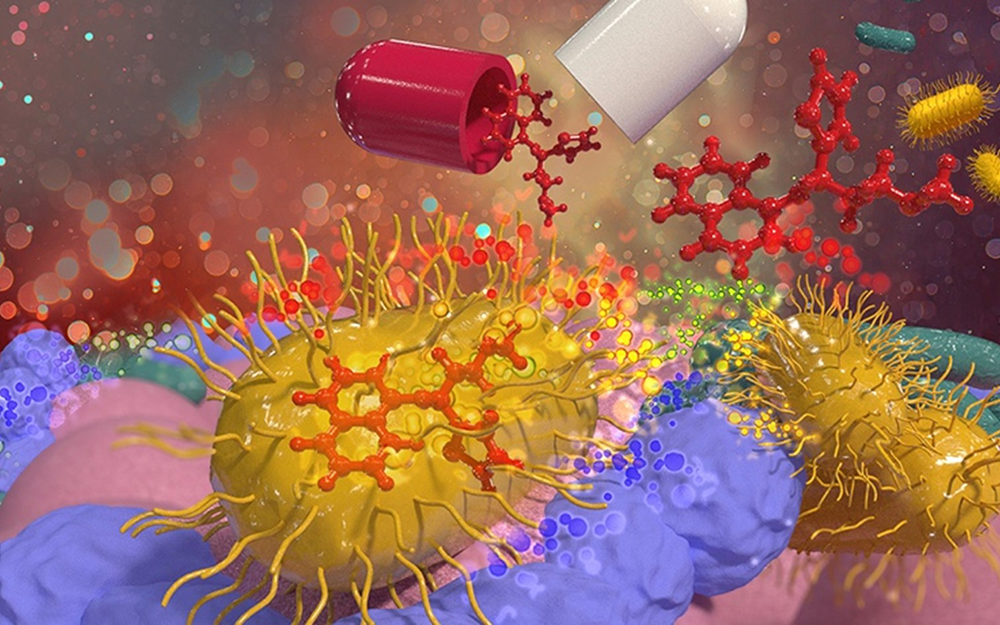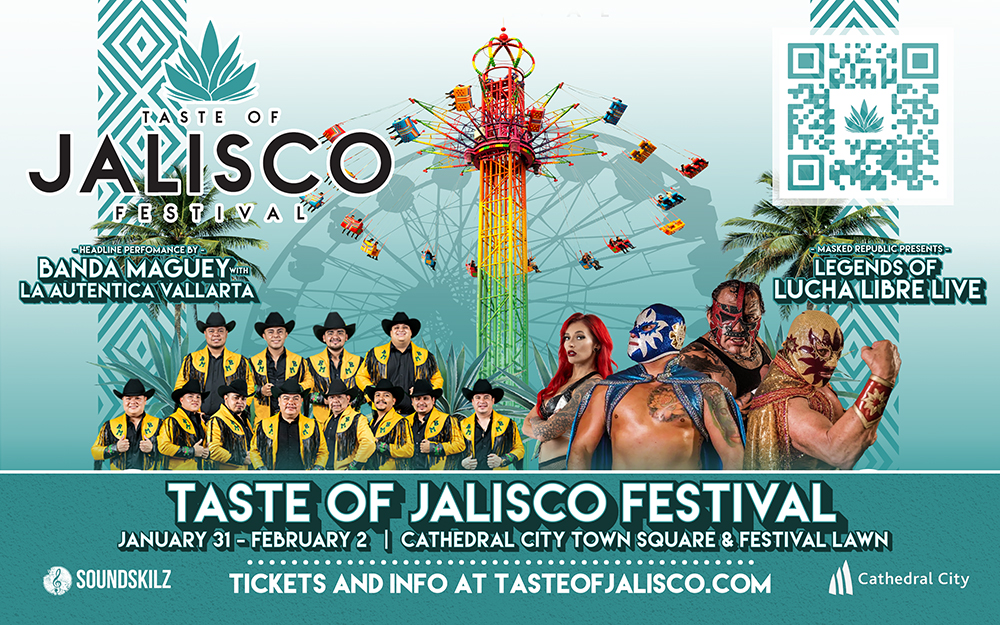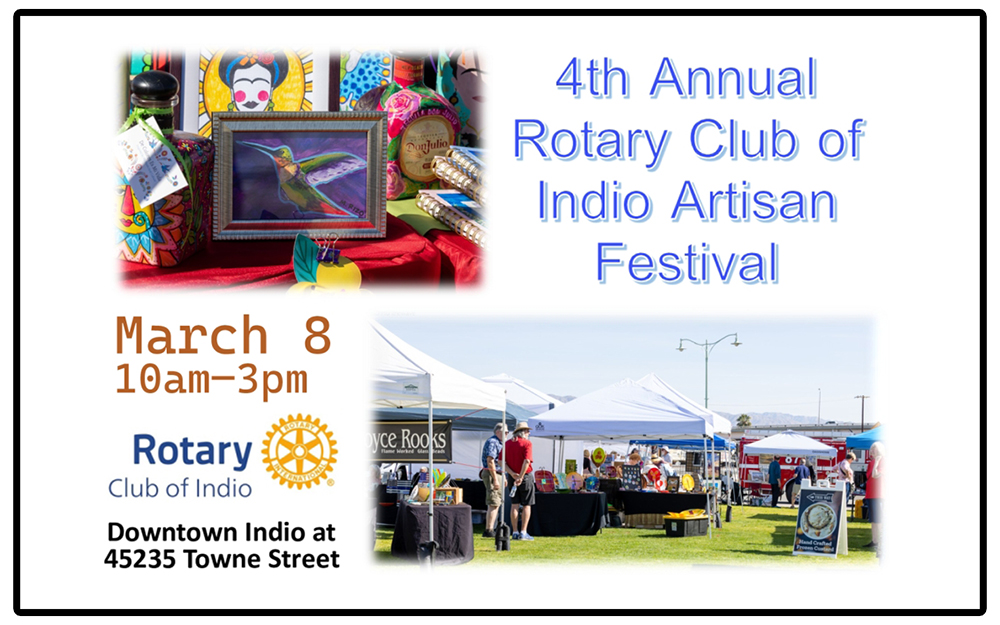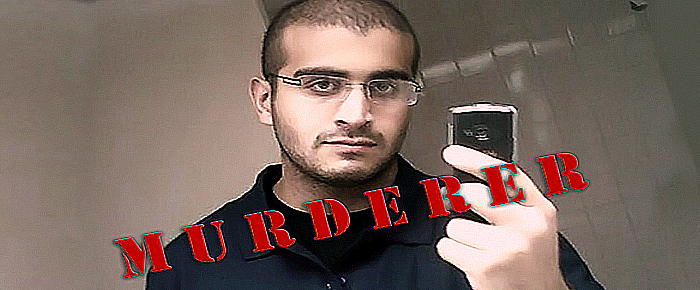
By Haddon Libby
The attack at the LGBTQ club in Orlando last week was a hate crime undertaken by a deeply disturbed Muslim man. Despite a casualty count of more than 100 people, this horrific event equates to less than 2% of all hate crimes in the United States in a year.
The FBI reported 6,727 hate crimes in the United States in 2014. Of these, nearly 50% of all crimes were because of a person’s race, 20% due to a person’s sexual orientation and 17% based on a person’s religious beliefs.
Of these 6,727 crimes, African-Americans were targeted more than 2,000 times, Caucasians more than 700 times, Jewish Americans 650 times and Gay Men 400 times.
Jewish Americans were the most likely to experience a hate crime followed by the LGBTQ community, Muslims and African Americans. The LGBTQ community is more likely to suffer a violent hate crime than any other group by a 3 to 1 rate versus Muslims who are the second most persecuted group.
British intelligence network, MI5 did a comprehensive study of Islamic terrorism recruits. Their research found that politically motivated male Muslims who were under 30 years of age and religious novices were the most likely to become violent. MI5 found that a large portion of the radicalized partook in “drugs, drinking and prostitutes.” More than two-thirds had criminal records. As the San Bernardino and Orlando self-radicalized terrorists exemplified, nearly half are well educated, have children and hold jobs.
Both British and American counter-terrorism agencies found that nearly half of all radical Islamists who engaged in violent activities came from middle to upper class families.
Mark Fallon, a retired US counterterrorism expert, states that there is no one thing that causes someone to self-radicalize. His studies found that each situation is caused by deeply personal reasons that push the radicalized person into active action. In San Bernardino, the shootings appeared to be triggered by a co-worker who pushed the terrorist’s buttons. In Orlando, the terrorist was triggered by his extreme reaction to gay men kissing in public.
Harvard professor Samuel Huntington penned an article in 1993 that stated that politics in the 21st century would be dominated by religious militancy. At the time, his article was scoffed. Twenty-three years later, few disagree with him.
Radical extremism of all kinds is one of the greatest threats to global stability. Radicalization appears to be fueled by economic conditions that concentrate wealth in the hands of an elite few while leaving masses of young people disenfranchised and looking for ways to make use of their lives.
American researcher, Laird Wilcox has studied fringe extremism of all kinds. He states that extremism in politics is exemplified by the speaker engaging in character assassination of his or her rivals as well as using name calling and labelling. These behaviors are done as a way to marginalize rivals while characterizing them as evil. We need look no further than Donald Trump to see this behavior in action.
The combination of religious extremism with political extremism leads to a violent form of statism which has been the single largest killer of mankind throughout the history of the world.
Lastly, a Gallup organization poll found that 6% of the world’s 1.6 billion Muslims felt that the 9/11 attacks were justified. If that number is accurate, this means that we could have nearly 100 million people in the world who support radical Islam. If only 0.001% of those radicals were to take action against us in a manner similar to the San Bernardino or Orlando shooters, we have another 1,000 extremists ready to take action out there.
Haddon Libby is an Investment Advisor for Winslow Drake and can be reached at 760.449.6349 or HLibby@WinslowDrake.com.









